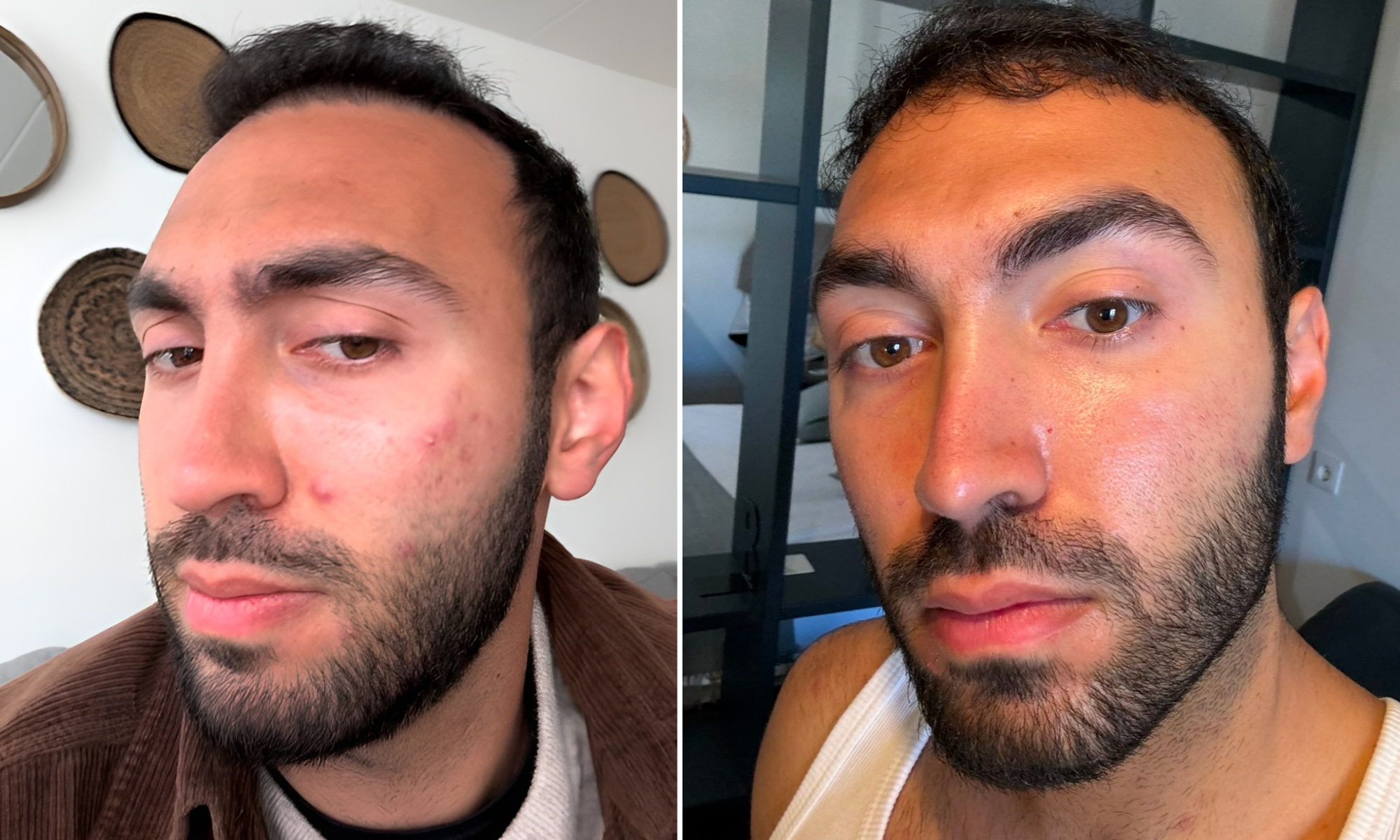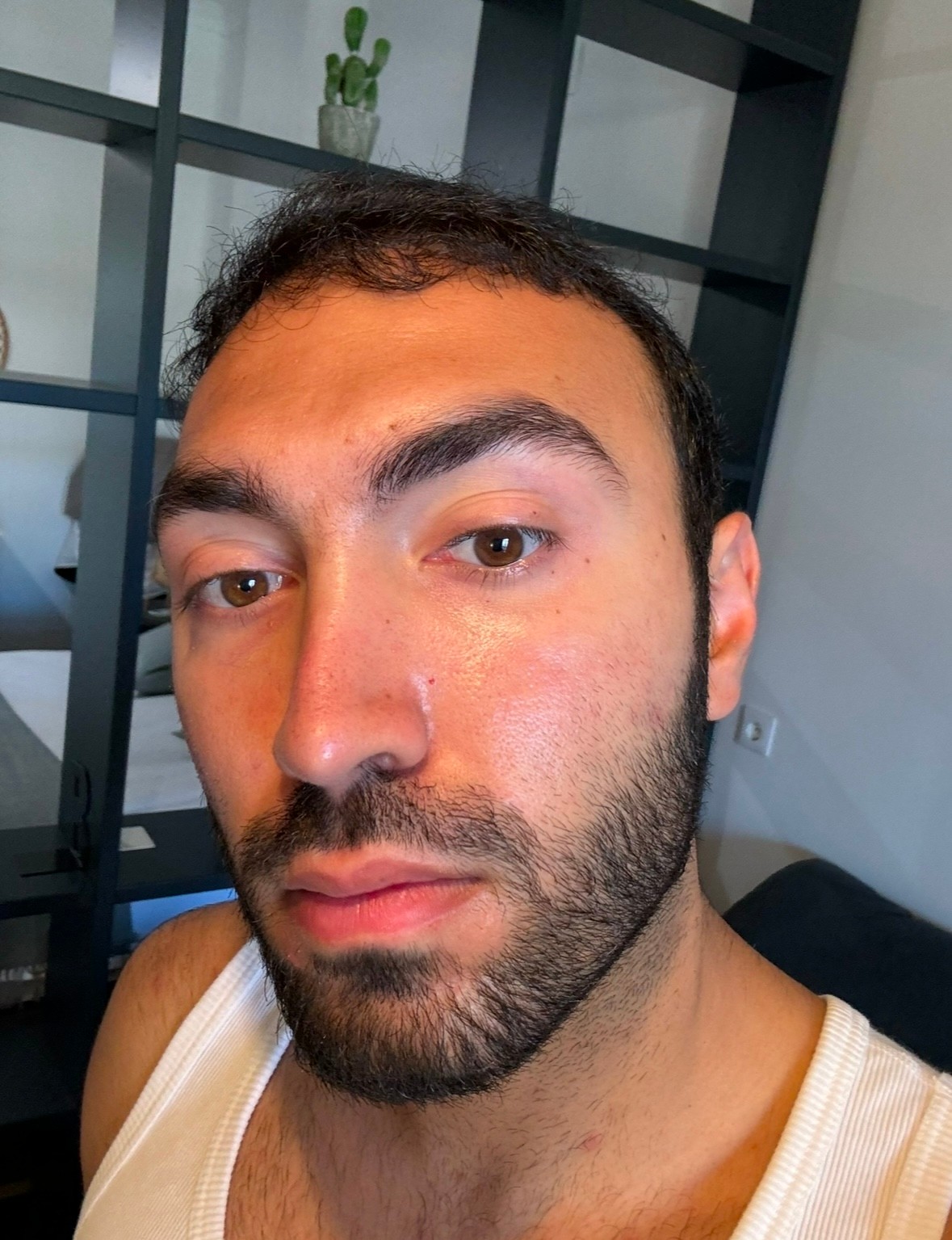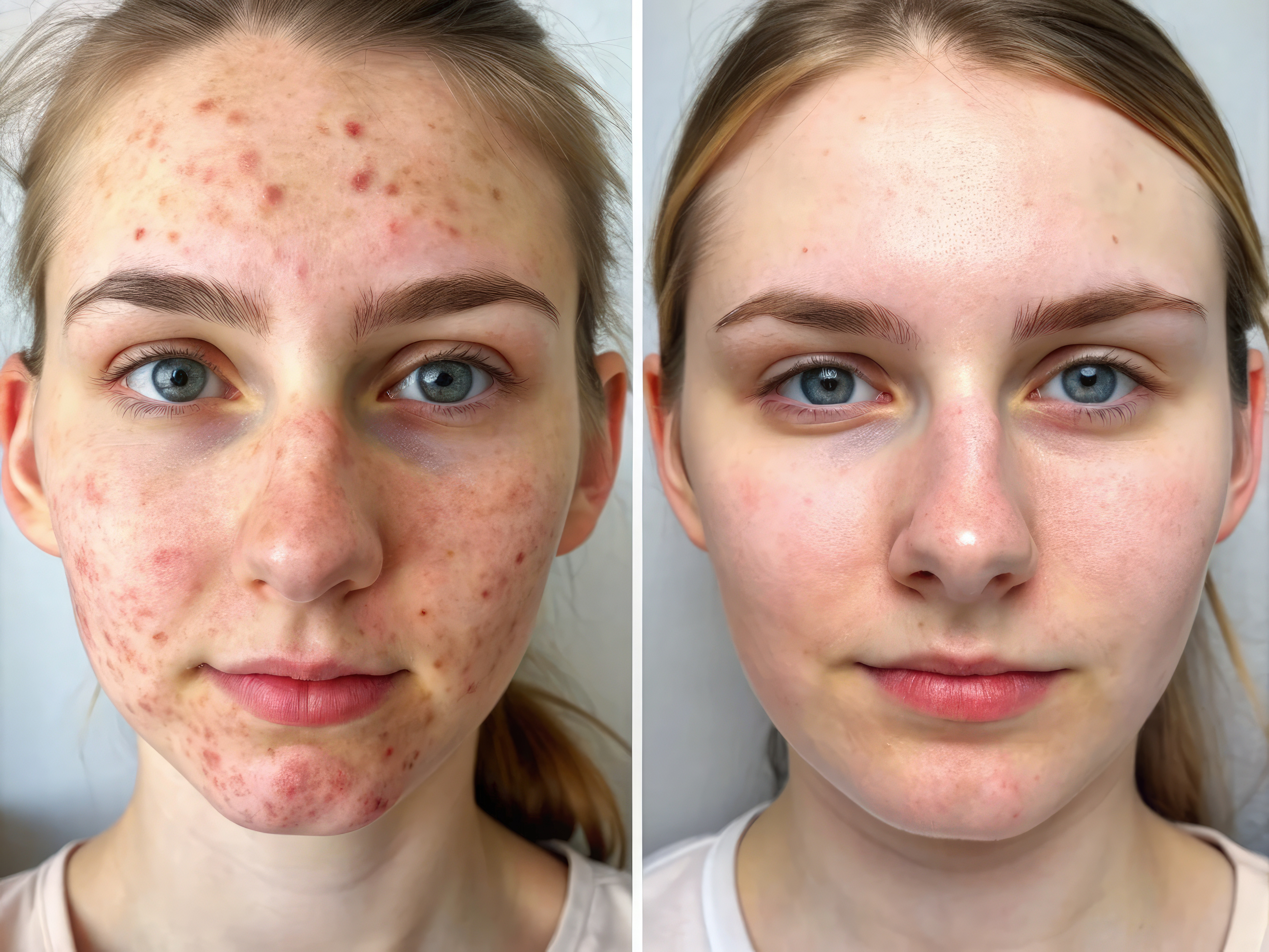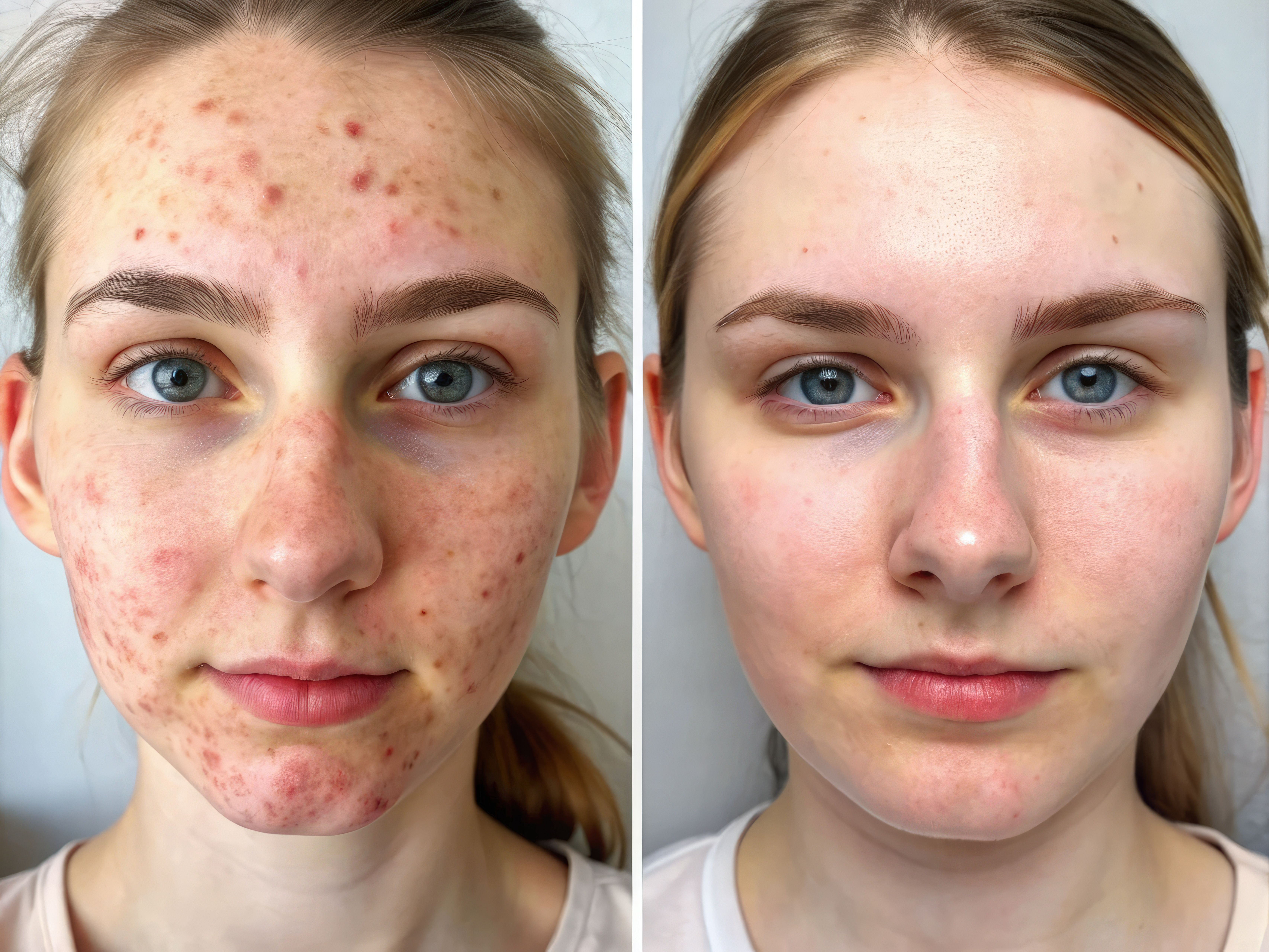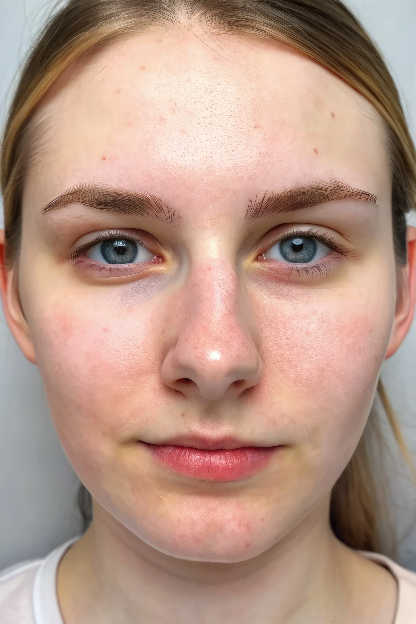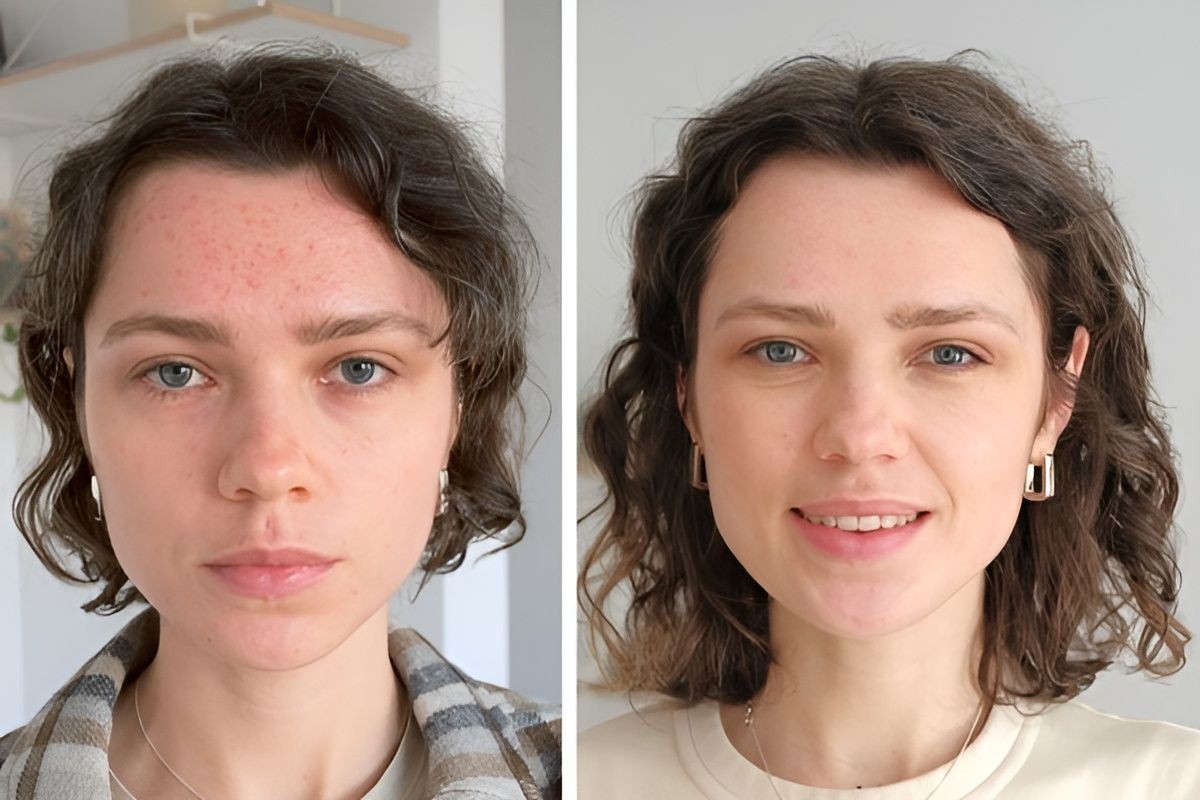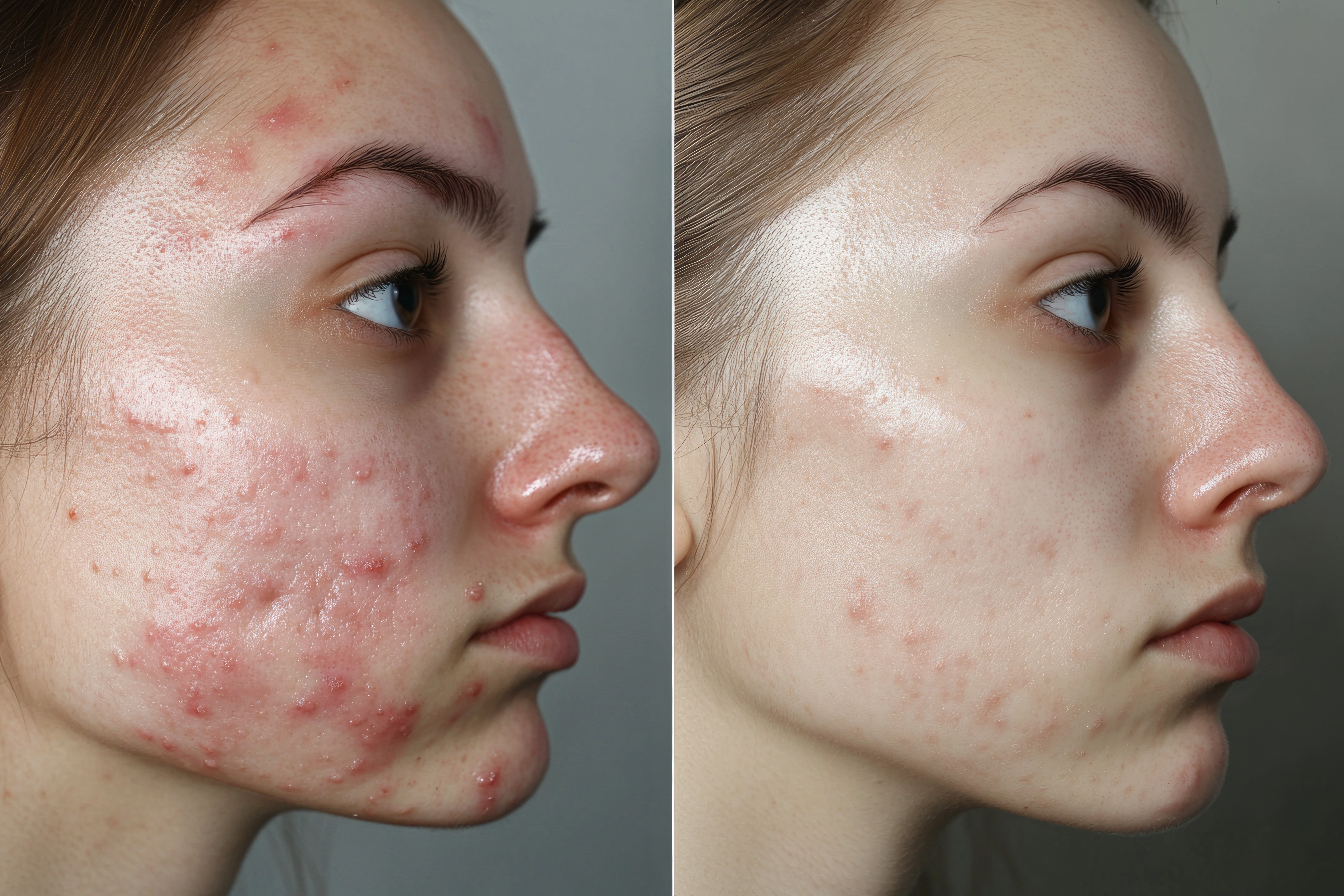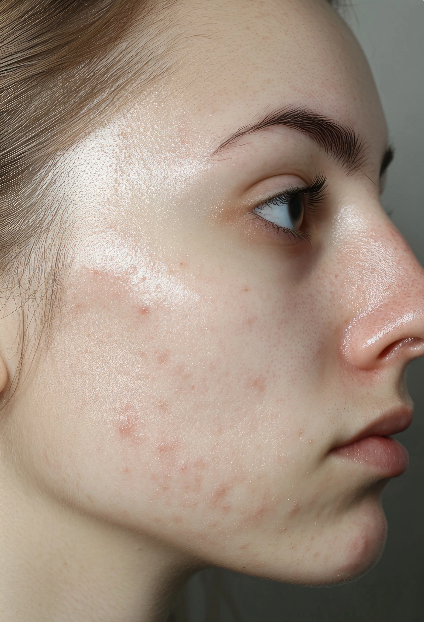What Causes Body Acne?
Hormonal Changes: Hormonal fluctuations, particularly during puberty, menstruation, or times of stress, can increase oil production and lead to body acne.
Excess Oil Production: Overactive sebaceous glands can contribute to clogged pores, resulting in acne. This is often exacerbated by sweating and friction from clothing.
Diet: High-glycemic foods, dairy, and excessive sugar can potentially worsen acne for some individuals.
Poor Hygiene: Inadequate cleansing of the skin, especially after sweating, can lead to the buildup of bacteria and dead skin cells, increasing the risk of body acne.
Friction and Irritation: Tight clothing, backpacks, or sports equipment can cause friction against the skin, leading to irritation and breakouts.
Skincare Routine for Body Acne
Cleansing: Use a gentle body wash that contains an alpha hydroxy acid like mandelic acid or benzoyl peroxide. These ingredients help unclog pores and reduce bacteria. Showering after workouts or sweating is crucial to keep skin clean.
Exfoliation: Incorporate regular exfoliation using physical scrubs or chemical exfoliants. This helps remove dead skin cells and prevents clogged pores.
Spot Treatments: For specific areas of concern, consider using targeted spot treatments containing ingredients like benzoyl peroxide or sulfur to help reduce inflammation and speed up healing.
Lifestyle Adjustments
Clothing Choices: Opt for loose-fitting clothing made from breathable fabrics to minimize friction and irritation. Avoid heavy, synthetic materials that trap heat and moisture.
Laundry: Avoid using detergents containing SLS and skip the fabric softener, opting for a wool dryer ball instead. This applies for any fabrics touching your skin including clothing, towels, and bed sheets.
Stress Management: Engage in stress-relieving activities, such as exercise or meditatio, to help manage hormonal fluctuations that may trigger breakouts
Seek Professional Help
Persistent Acne: If body acne persists despite at-home treatments, consider consulting a Dermatologist. They can recommend prescription-strength topical treatments or oral medications tailored to your needs.
Underlying Conditions: In some cases, body acne may be linked to hormonal imbalances or other skin conditions. A healthcare provider can help identify and address any underlying issues.





